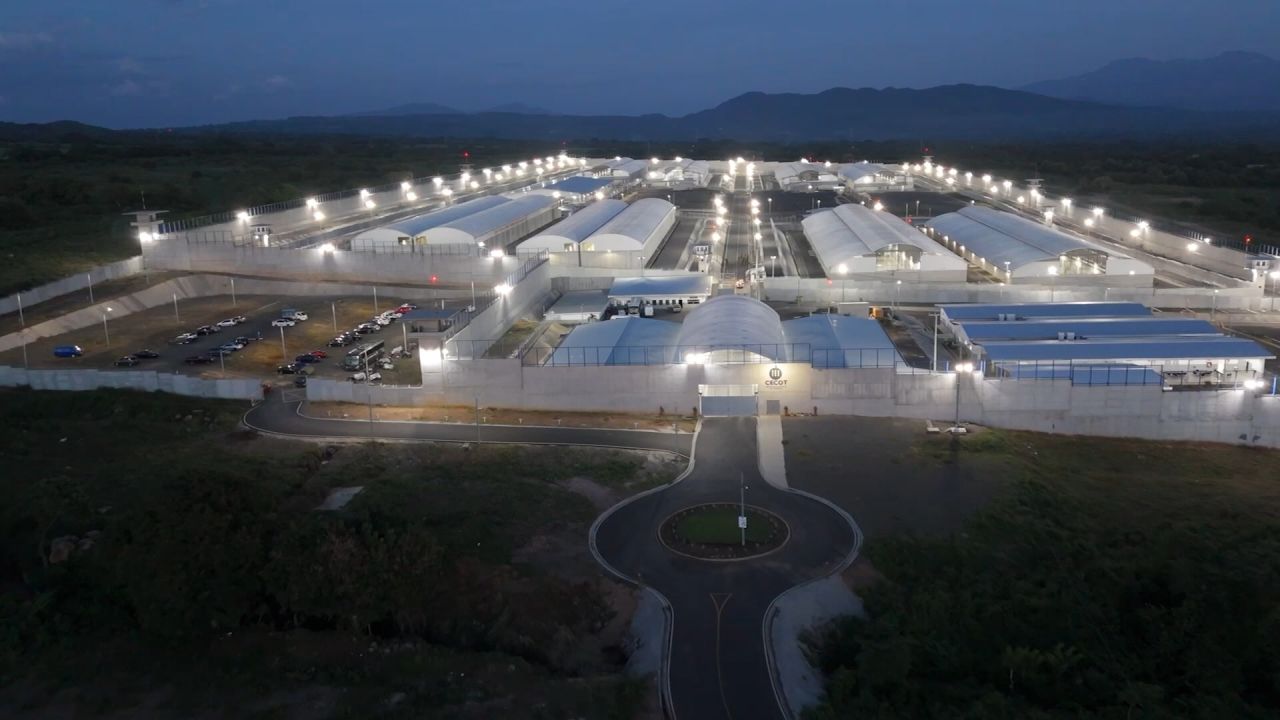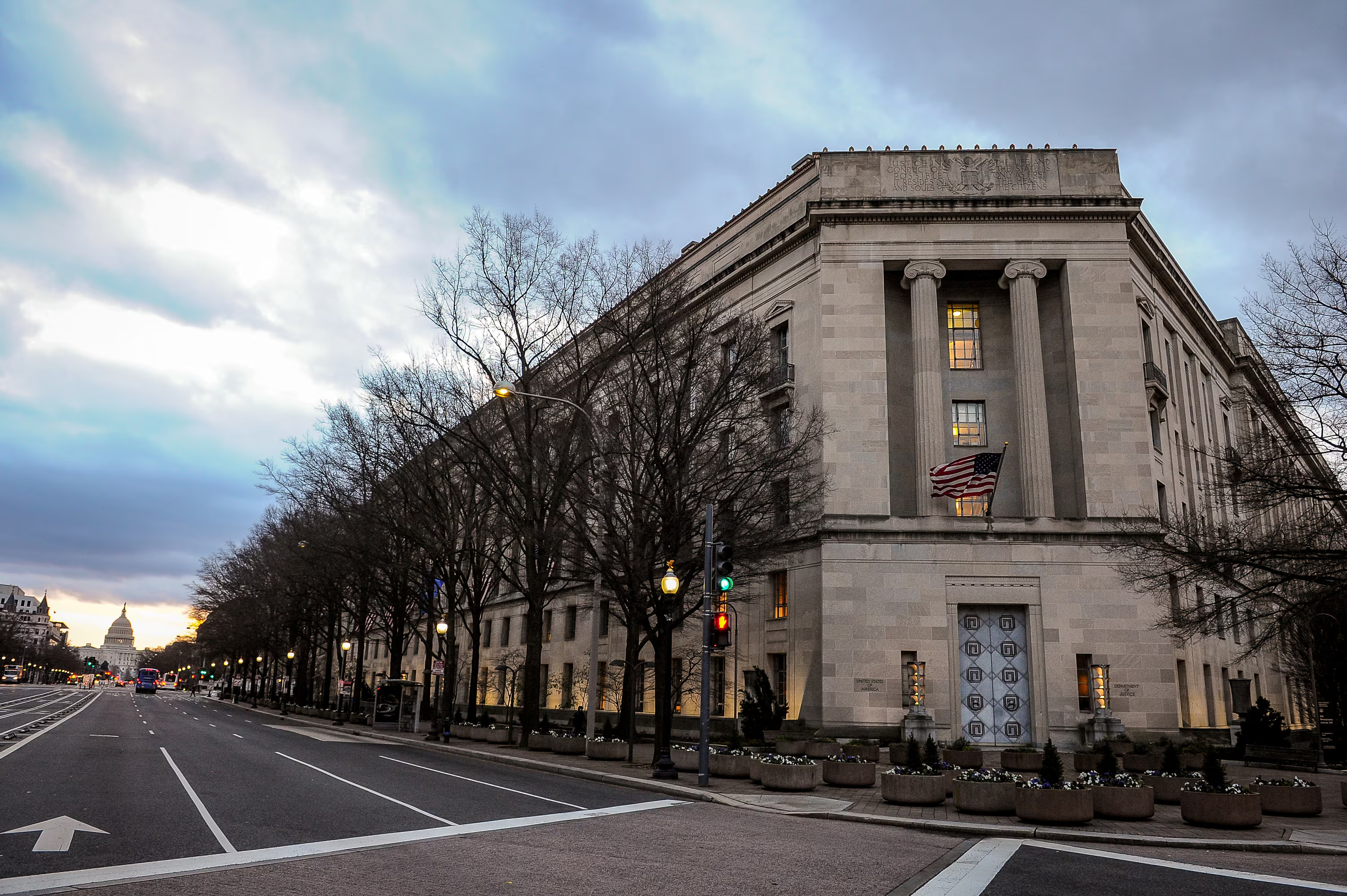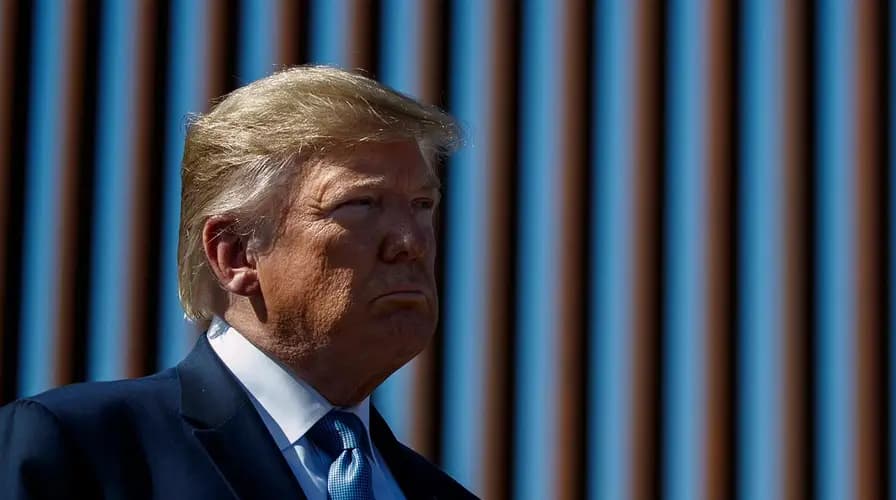The Trump administration"s mass deportation scheme has reached a chilling new low as over 100 Venezuelans were sent to El Salvador"s maximum-security prison, CECOT, where they face inhumane conditions akin to torture. According to Fox News, these individuals were wrongfully removed under the pretext of being part of a criminal gang, showing a blatant disregard for due process and basic human rights.
El Salvador"s Role in U.S. Deportation Tactics
The Salvadoran government has now thrown the Trump administration"s narrative into disarray. A recent report from the U.N. indicates that detainees in CECOT remain effectively under U.S. jurisdiction, contradicting claims made by the Department of Justice that the detainees are beyond American legal reach. This revelation exposes a disturbing partnership between the U.S. and El Salvador, wherein the U.S. pays millions to use Salvadoran prisons as dumping grounds for those it deems undesirable.
Human Rights Violations and Systemic Abuse
Survivors of CECOT, such as Kilmar Abrego Garcia, have detailed horrifying accounts of brutality and neglect. Reports highlight overcrowding, lack of medical care, and systemic abuse, which are rampant in this facility. As reported by The New York Times, El Salvador"s criminal justice system is already notorious for its human rights violations. The U.S. has effectively turned a blind eye to these abuses while outsourcing its immigration enforcement to an authoritarian regime.
\n\n
Alleged gang members deported from the US are ending up here
Legal Implications of Constructive Custody
Under international law, the U.S. retains responsibility for the treatment of individuals it deports, even if they are held in foreign facilities. The U.N. report underscores the reality that these detainees are not merely in the custody of El Salvador but rather in "constructive custody" of the U.S. This legal framework raises critical questions about the administration"s accountability for the treatment of these individuals. U.S. District Judge Stephanie Gallagher has demanded answers from the Justice Department regarding their claims of helplessness, indicating a potential judicial challenge to these practices.
Environmental Justice and Migrant Rights
The intertwining of environmental degradation and forced migration cannot be overlooked in this context. Many Venezuelans flee their homeland due to the impacts of climate change, exacerbated by political instability and economic collapse. As climate refugees, they seek safety and stability yet find themselves ensnared in a system designed to punish rather than protect. The deportation of these individuals to a prison known for its harsh conditions represents a failure not only of immigration policy but of our moral obligation to protect vulnerable populations.
\n\n
DOJ"s Access to Justice office reopens in moment of crisis ...
Public Outcry and Future Advocacy
The growing public outcry against these detentions reflects a broader demand for justice and accountability. Advocacy groups are rallying to amplify the voices of those impacted by these policies, demanding a reevaluation of U.S. immigration practices that prioritize punitive measures over humanitarian considerations. Activists emphasize that this is not just about immigration; it is about human dignity and the right to live free from violence and oppression.

![[Video] Anti-ICE Protester Pepper Sprayed as CBP Agents Disperse Crowd in Minneapolis](/_next/image?url=%2Fapi%2Fimage%2Fthumbnails%2Fthumbnail-1768260677127-y71sb7-thumbnail.jpg&w=3840&q=75)

![[Video] Several injured as U-Haul truck drives through Iranian protestors in Los Angeles](/_next/image?url=%2Fapi%2Fimage%2Fthumbnails%2Fthumbnail-1768176682028-q95y6j-thumbnail.jpg&w=3840&q=75)
![[Video] Scuffle breaks out between Trump supporters and Anti-ICE protesters in Times Square](/_next/image?url=%2Fapi%2Fimage%2Fthumbnails%2Fthumbnail-1768165958203-hgcgb-thumbnail.jpg&w=3840&q=75)


![[Video] Gunfire between Iraqi security forces and Sadr militias in Baghdad](/_next/image?url=%2Fapi%2Fimage%2Fthumbnails%2Fthumbnail-1768343508874-4redb-thumbnail.jpg&w=3840&q=75)
